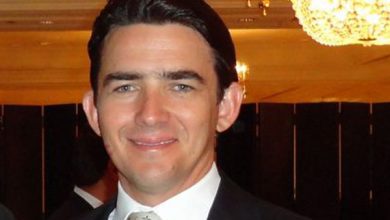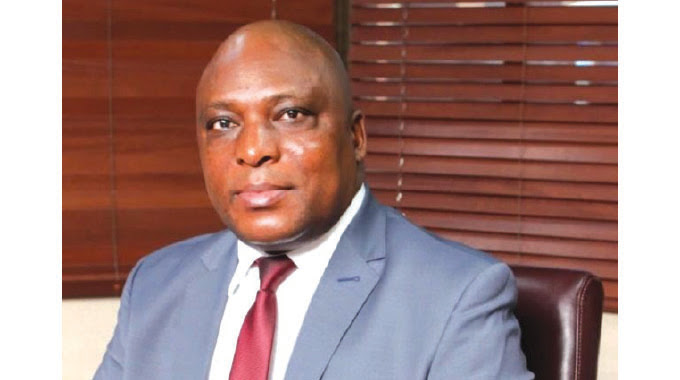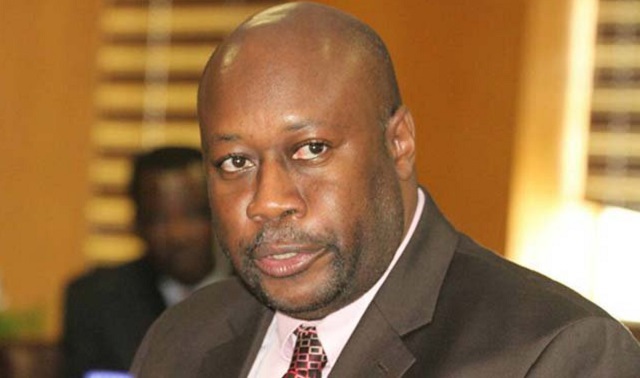Chris Chenga
Think on It
At 93 years old, Robert Mugabe was an emperor standing naked in front of a nation that had lost its sense of shame. Perhaps it wasn’t entirely his fault. Many of the emperor’s appointees affirmed to Mugabe himself that those who questioned his vision – as often regurgitated in the latter years as a 10 point plan, clarification of Indigenization, and other declarations from His Excellency – were in actuality the inept.
In 1873, Hans Andersen wrote a short tale called “The Emperor’s New Clothes”. The tale was about two deceptive weavers, who promised an emperor a new suit of clothes that they said would be invisible to those who are inept in their appointed positions. This, they said would help the emperor identify ministers that did not serve him well. In reality the two weavers made no clothes at all, instead, convincing everyone who looked at the naked emperor to believe that the clothes were invisible to them. The deception would be sustained by the fear of everyone around the emperor, whilst he would remain gratified if nobody called out his nude. So indeed, when the emperor paraded before his subjects in what he believed to be his “suit of new clothes”, none of his subjects dared to say that he was naked, lest they be seen as inept by the emperor.
Andersen wrote at a time, and for a civilization, were there was conventional shame in public nudity. Andersen’s tale is befitting to Zimbabwe almost 200 years after it was first published. It is an accurate depiction of how the executive and Cabinet functioned the last several years; and Zimbabwe’s entire economy was subjected to not only the farce of self-deception, but the shame of nudity. Over decades, more and more of the emperor’s appointees and society at large, dared not to point out our lingering shame. But, Monday’s elections represent a public gathering of sorts. In Andersen’s tale, at a public gathering, it eventually took a child naïve to the pervasive fear of the emperor’s rule to call out “But he is not wearing anything at all”. The impending elections are a chance for Zimbabweans to call out the farce and end the shame. The electorate can be that child, though many of us were surely not naïve to the fear of an emperor’s rule!
The rhetoric from the current administration itself is evident to the recognition of the desire for relief. President Mnangagwa has in effect spoken of new ways of governance; one that is pragmatic and consistent with the material reality of the state of the economy. That gives a fresh hope that frees many stakeholders whom had sought habitat away from the public farce. This should encourage diverse stakeholders to share their perspectives, and approach real situations with truth. As a media practitioner over years, observation and interaction with economic stakeholders has shown many had become subjugated to conforming to the illusion of a dressed emperor, consequently, abiding by whichever improper perception of the economy was enforced as status quo. After the July 30 election, the nation should hope that these stakeholders realize the liberty of expression. Just that one constraint had become a large contributor to our economic spiral.
However, President Mnangagwa has often simplified resolution to a situation that had become so entrenched in many spheres of society, particularly in government. Indeed the analogy of an emperor is befitting as it exudes the concentration of power into an individual’s unfettered volition. Thus, when he speaks of an economy sustained by the rule of law, it is his own escape into Mozambique as a recent Vice President which should show him how confidence in the justice system is from the common entity within the jurisdiction- unless indeed there was plausible cause for him to find himself at the wrong end of justice? At this point there is no farce for the public to entertain. The legal system requires substantial reform.
Many within President Mnangagwa’s cabinet have sought their own rehabilitation from shame. It comes in the form of back handed concessions to the plague of corruption within the emperor’s closest coterie. When Minister Simon Khaya Moyo proclaims an admission of corruption within Cabinet – in similar fashion to that of President Mnangagwa’s admission of Ministers abusing land reform- these are not any profound gestures that awaken society to circumstances of which it may have not been aware of. Society knew of, and society saw, the shame! A pervasive fear of a naked emperor hindered any overt confrontation to the plundering of essential economic resources.
There are many diverse perceptions going into the elections on Monday. What would be a commonality is that Zimbabwean economic stakeholders will be seeking a reformation from a shameful economy, enforced by the fear of calling out nudity. President Mnangagwa is aware that the nation desires a dressed President, not a naked emperor. He has promised in his rhetoric. We wait to find out if a majority of an on-looking public will have the naivety of a child to yell “But he is not wearing anything at all!”




